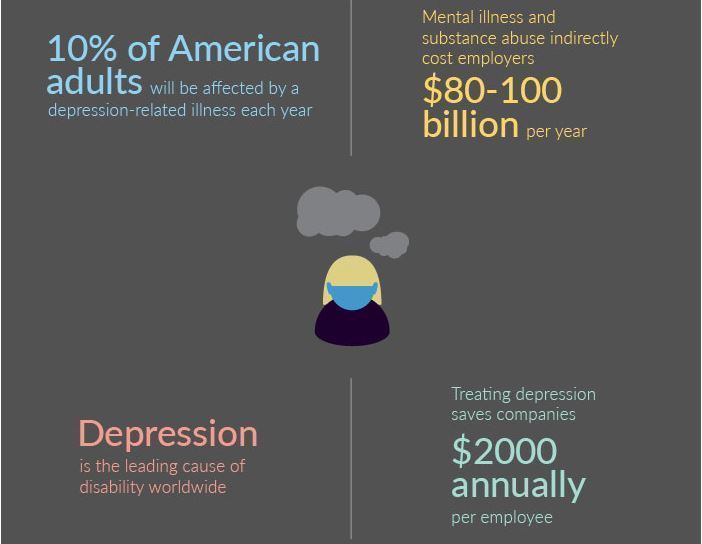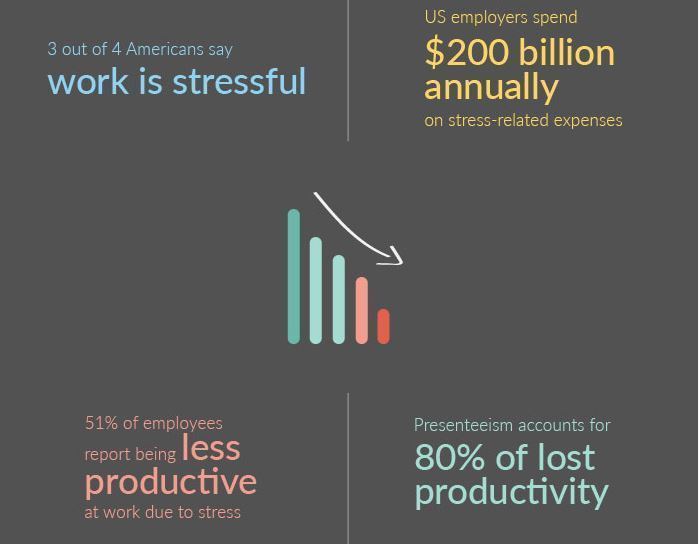Tag Archives for " brothers and sisters "
Performance and Entrepreneurial Leadership In Management Needed for Mental Health In Your Workplace
“Win your better outcomes: High Value and Valued ROI” – Raj Gavurla
Your valued employee is missing work more often and you can tell some things aren’t making sense. As leadership and management, you think about what’s happening to them. Then, your office manager or human resource person informs you they gave them the Employee Assistant Program (EAP) phone number. Of course, something serious happened yet you’re still puzzled. However, because you don’t know what to do or policy you don’t initiate to share authentic dialogue with your valued subordinate.
Your subordinate doesn’t know what’s happening as all they think is I’ve been having very unusual thoughts and not feeling well. It’s as if the microprocessor (brain) in my computer (body) isn’t consistently functioning. They really don’t know when told they have a mental health diagnosis what that means. They just hope the doctor determines the right treatment to help/cure/exhibit teamwork to allow them to successfully continue working and living a robust life. Sometimes for a percentage of workers, this happens and they continue successfully working and living a robust life. Often times the facts are this doesn’t happen and your employee’s performance is valued for periods of time and then an episode or something happens and they miss work or they aren’t exhibiting their consistent valued performance. A mental health challenge doesn’t discriminate based on socioeconomic or sociodemographic status.
There is a highly customized fluid solution for your valued subordinate. An example is:
1. You (Boss) initiating and sharing private authentic dialogue with your employee. It takes research better outcomes, preparation, interaction, and communication to deliver better outcomes for your subordinate (employee).
2. Understanding what his or her treatment plan is and the teamwork needed.
3. Forming a “small individual/personal matters team/group” to help your subordinate by involving a select group of trained employees as this employee’s support system in your workplace.
4. Understanding the high-value importance/urgency of their family, work, and financial sustainability to your subordinate’s wellness is essential. Their family is experiencing similar uncertainty as you about the well-being of your employee.
5. By taking the initiative and being proactive with a process your employee becomes better and your costs tremendously decrease because your employee is still able to work although it might be scaled back and is given the review and evaluation of their work during this time to continue being a forward performing valued successful employee.
Yes, taking these steps are asking for more effort on your part as Boss and employer. However, the following are some of the better outcomes (results) from taking initiative:
1. I know as employer, Boss, team, and employee each is doing everything they can to see each other succeed and your clients succeed. As an employer, you don’t have to do the bare minimum to be in compliance. There are value-add resources that can help you. As a strong mental health advocate, performance consultant/coach, and entrepreneurial leadership expert, my services might be a value-add to your current protocol for this situation.
2. Donating to charity is important and I encourage you to continue doing so to make your business and community stronger. However, a lot of times companies donate to non-profits (a humanitarian cause/need) without knowing the person they are helping to receive support services. By allocating funds for mental health in your company, you are essentially creating “charity in the workplace” and seeing your dollars actually being put to use for your valued employee and receive quality work completed for your efforts.
3. The sensation of having this humanitarian lens is very fulfilling, highly satisfying, and delivers a win for all (your business and community). Businesses are here to contribute to family and societal progress. Being a humanitarian to me means more than “spiritual brothers and sisters have to eat”. Being a humanitarian means “spiritual brothers and sisters have to thrive”. We are very capable of this mission and aspiration being a reality because of the forward progress we consistently make in employer/employee relationships and societal progress.
4. Most likely your employee becomes more loyal and continues to make forward progress in your company. Also, you now have an employee with high-value empathy skills and is part of your succession planning for your “small personal matters team(s)/group(s). Although most of your employees don’t have a mental health diagnosis, they do have mental health challenges whether spurred from a workplace issue or life issue that sharing authentic dialogue with select people in a “small personal matters team/group” would greatly benefit your business.
5. Mental health is our current major employer/social health challenge to the robust viability of our workplace we have to triumph along with cancer (you could imagine this affects a person’s mental health).
6. I’ve heard too many personal stories of talented, skilled, and educated people who are underemployed and not doing meaningful work. Because of this, there might be relationship problems because of the stigma associated with mental health and the individual might lose hope.
Sports often is at the forefront of employer and societal progress. An example is Lebron James addressing the Cavaliers in the locker room, welcoming, and helping Larry Sanders (mental health challenge) join the team and continue to progress in his NBA career. Yes, there are a lot of small business owners who are also helping and supporting individuals with a mental health challenge. How about your Fortune 500, mid-size, or over 50 employees small business?
Remember, being a humanitarian is more than “spiritual brothers and sisters have to eat”. Being a humanitarian is “spiritual brothers and sisters have to thrive”. It’s a win for all. It’s worth it!
If you are an executive, in management, or are a workplace leader, who is challenged by mental health in your business, please contact me to share authentic dialogue. Your leadership is needed and wanted.
“One’s destination is never a place but rather a new way of looking at things.” Henry Miller
For programs and services, contact Raj at 864.569.2315, raj@rajgavurla.com, LiiiVEN.




